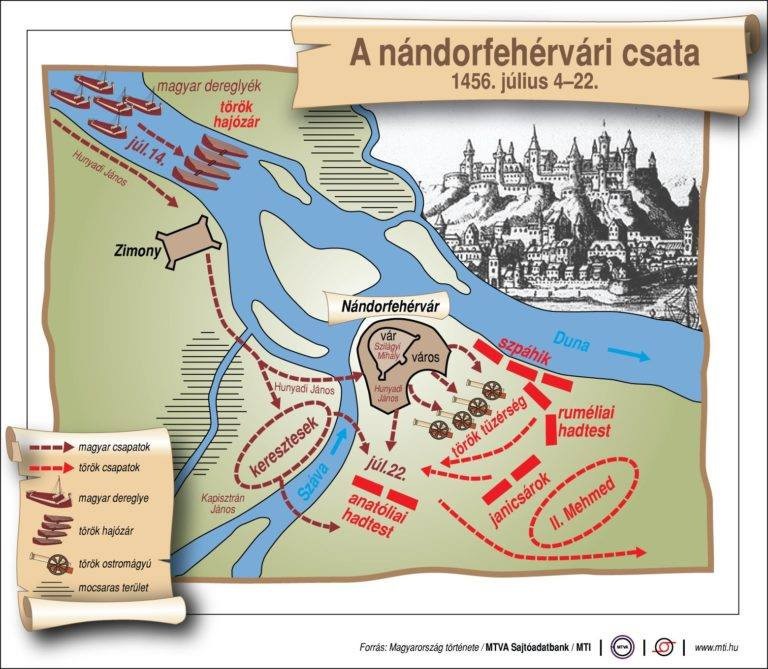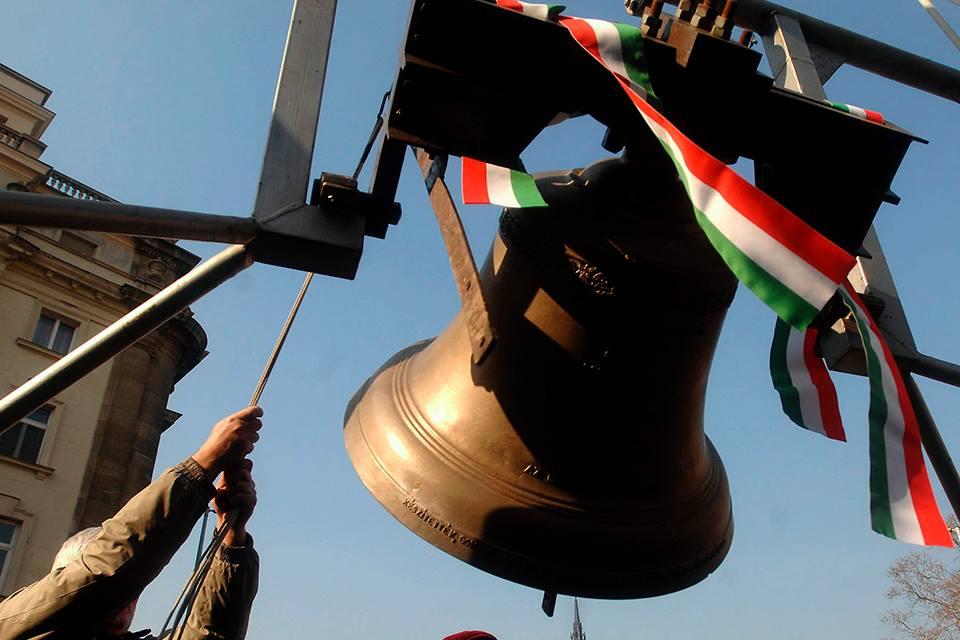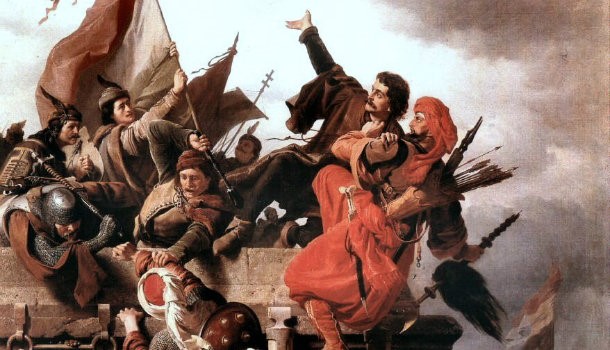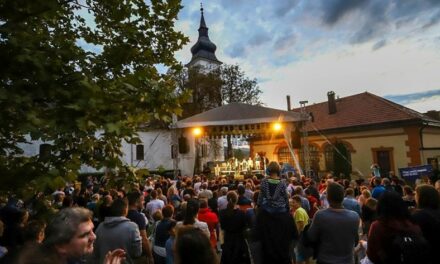On July 7, 2011, in honor of the 555th anniversary of the Nándorfehérvár victory, the Hungarian Parliament declared July 22nd the Nándorfehérvár victory day.
This day is a day of remembrance not only for the nation, but also for Christian Europe and the whole of today's Christian world. This day is a living example of patriotism, self-sacrifice, human standing, Europeanness, European unity and Christianity. This victory has since been commemorated by the noon bell of every Christian church.
The victory in Nándorfehérvár is one of the most significant events of the Hungarian-Ottoman wars. 4–21 July 1456 between the Christian Hungarian and Serbian soldiers, under the leadership of Mihály Szilágyi, heroically defended the castle of Nándorfehérvár II. against the vastly outnumbered army of the Ottoman Sultan Mehmed. The siege began on July 4, 1456: the Turks shelled the castle surrounded in a semicircle from the plain between the Danube and the Sava, causing serious damage to the walls. On July 14, Kapistrán and Hunyadi's fleet broke through the Danube lock, thus opening the way for the relief army to the beleaguered castle. The final battle began on July 21. In a deadly struggle, the Turks broke through the outer defense line and besieged the inner castle. The next day, on the 22nd, however, the crusaders crossing from the left bank of the Sava, led by the seventy-year-old Capistrán, launched an attack, and Hunyadi broke out of the castle and captured the Turkish cannons, after which they scattered the besiegers' waist.

Source: MTVA archive
The triumph is considered one of the most significant victories in Hungarian military history - considering the circumstances of its challenges, its long-term consequences, and its international significance - which stopped the further European expansion of the Ottomans and their attempts to conquer Hungary for about 70 years.

Source: karpatalja.hu/illustráció
Southern Bell
III. Pope Callixtus (1455–1458) announced a crusade, and on June 29, in his prayer bull, he ordered that all believers be called to prayer three times a day in defense of Christianity. Thus encourage all those who fight against the conquerors! The news of the papal order and the victory of the Hunyadis arrived in Buda and Vienna almost at the same time. Thus, it is no coincidence that the practice of ringing the bell at noon was soon reinterpreted, and in the public mind it now lives more as a memory of victory. It is true that the Pope himself, when he learned of the victory on August 6, the day of the Transfiguration of the Lord, ordered that this day be celebrated as a holiday by all of Christianity.
Later on, the Pope also mentions the sound of the noon bell in several other documents as a thanksgiving for the miracle of Nándorfehérvár. With the renewal of the previous papal bull VI. In the middle of the Jubilee Holy Year, on August 9, 1500, Pope Alexander decreed that the bell should be rung every noon throughout the Christian world, indicating that the protection of Christianity and unity is an important duty at all times and in all places.
Source: govt.hu/Hungarian Kurír
Featured image: Wikipedia













